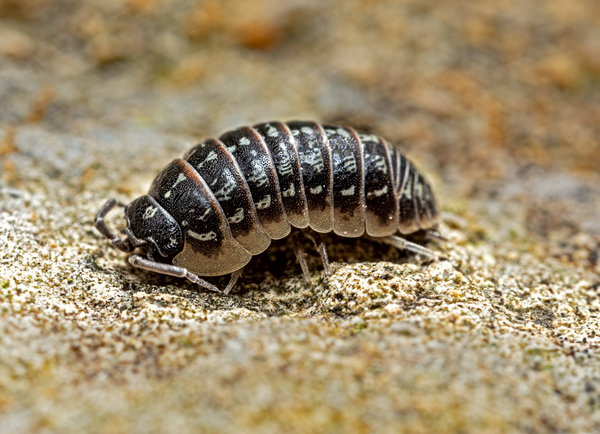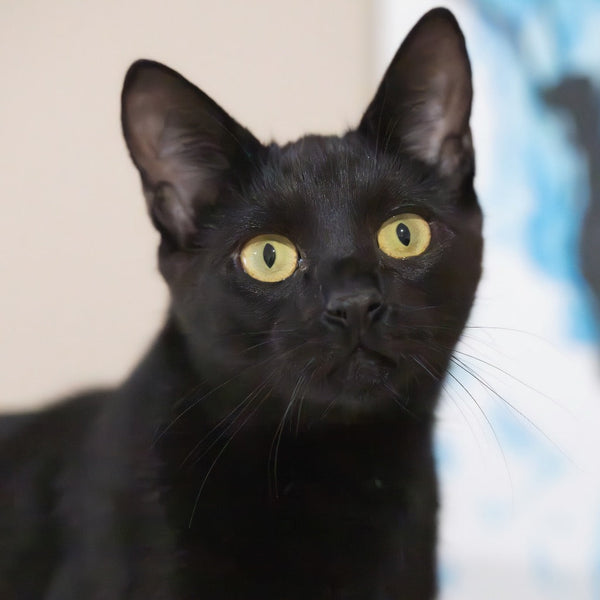Rodents have been a staple of the pet trade in North America for decades. Their simple care and docile temperament is excellent for younger kids learning how to care for a living creature, or any adult that lacks the space or time for a dog. Though most domesticated rodents have similar basic care, there are subtle differences in behavior in different rodents. Knowing this information beforehand will assist you in picking the perfect chubby cheek friend for you!
Hamster
 The classic hamster, and the most popular pet rodent by a large margin. They are more rounded compared to other rodents and have short legs and a stubby tail. Hamsters can be classified into 2 different categories; Syrian (regular sized) and dwarf hamsters. Being a nocturnal rodents, they like to sleep during the daytime and are active at night. It is best to keep your rodent cage away from where you sleep, they can be quite loud when using their wheel. Hamsters are a solitary rodent, meaning they prefer to be kept without any cage mates.
The classic hamster, and the most popular pet rodent by a large margin. They are more rounded compared to other rodents and have short legs and a stubby tail. Hamsters can be classified into 2 different categories; Syrian (regular sized) and dwarf hamsters. Being a nocturnal rodents, they like to sleep during the daytime and are active at night. It is best to keep your rodent cage away from where you sleep, they can be quite loud when using their wheel. Hamsters are a solitary rodent, meaning they prefer to be kept without any cage mates.
Gerbil
 Gerbils are very similar to hamsters in the sense that they have the same basic care and diet. Gerbils are slimmer, have longer back legs allowing them to stand upright, and a nice long tail. Unlike hamsters, gerbils are social and prefer to live in pairs/colonies, so be prepared to take home at least 2-3! Although gerbils are technically nocturnal, they have been documents to be more like cats, having naps during the day and being both active during day time and night time. Gerbils are generally not as handle-able as hamsters, thought they can be tame. Mice love to burrow, so supply them with a deep bedding!
Gerbils are very similar to hamsters in the sense that they have the same basic care and diet. Gerbils are slimmer, have longer back legs allowing them to stand upright, and a nice long tail. Unlike hamsters, gerbils are social and prefer to live in pairs/colonies, so be prepared to take home at least 2-3! Although gerbils are technically nocturnal, they have been documents to be more like cats, having naps during the day and being both active during day time and night time. Gerbils are generally not as handle-able as hamsters, thought they can be tame. Mice love to burrow, so supply them with a deep bedding!
Mice
 Like the gerbil, mice like to be kept in groups. Although mice are much smaller than hamsters (not dwarf), they will need the same amount of space as they are very active and like to run around. It is very amusing to observe these critters run around there cages! Mice tend to be more skiddish than hamsters and even gerbils, handling should be done with caution. Mice will scent-mark areas of their cage, so you will have to clean their enclosures more regularly.
Like the gerbil, mice like to be kept in groups. Although mice are much smaller than hamsters (not dwarf), they will need the same amount of space as they are very active and like to run around. It is very amusing to observe these critters run around there cages! Mice tend to be more skiddish than hamsters and even gerbils, handling should be done with caution. Mice will scent-mark areas of their cage, so you will have to clean their enclosures more regularly.
Guinea Pig
 A crowd favorite for being a large, docile and friendly pet rodent. They are social, unlikely to bite and thrive in pairs, same sex or opposite sex. A guineas pig will require a large enclosure, but not double layered. Guinea pigs are the most vocal pet rodent, as they tweet and chirp and make a variety of cute little noises as they explore and converse with fellow guinea pigs.
A crowd favorite for being a large, docile and friendly pet rodent. They are social, unlikely to bite and thrive in pairs, same sex or opposite sex. A guineas pig will require a large enclosure, but not double layered. Guinea pigs are the most vocal pet rodent, as they tweet and chirp and make a variety of cute little noises as they explore and converse with fellow guinea pigs.
Degu
 The Degu may be the least popular pet rodent, but definitely not the worst. They are about 3-4x times larger than a hamster, live longer and are active and affectionate pets. They are very active critters and love to hop about, therefore they will need a the large sized enclosure, even though they are smaller than a guinea pig (double or multi-layer preferred). Like gerbils, they are social rodents and do best when in pairs or small groups. If you can't find packaged food, mix hamster and guinea pig food together! They will also enjoy hay and veggies like a rabbit.
The Degu may be the least popular pet rodent, but definitely not the worst. They are about 3-4x times larger than a hamster, live longer and are active and affectionate pets. They are very active critters and love to hop about, therefore they will need a the large sized enclosure, even though they are smaller than a guinea pig (double or multi-layer preferred). Like gerbils, they are social rodents and do best when in pairs or small groups. If you can't find packaged food, mix hamster and guinea pig food together! They will also enjoy hay and veggies like a rabbit.
Chinchilla
 A chinchilla is a large, robust and adorable rodent. Because they have the densest fur out of any land mammal on Earth, they have an unmistakably soft coat, like your petting a fluffy cloud! Despite their soft coat, chinchillas should only be handled when necessary. A chinchilla should never be bathed in water, as this causes problems like fur rot and skin fungus. Instead, a chinchilla must be given a dust bath daily, in which they can roll to absorb oils in their coats. Chinchillas require a multi-level enclosure, due to their large size. They will eat chinchilla pellets and hay!
A chinchilla is a large, robust and adorable rodent. Because they have the densest fur out of any land mammal on Earth, they have an unmistakably soft coat, like your petting a fluffy cloud! Despite their soft coat, chinchillas should only be handled when necessary. A chinchilla should never be bathed in water, as this causes problems like fur rot and skin fungus. Instead, a chinchilla must be given a dust bath daily, in which they can roll to absorb oils in their coats. Chinchillas require a multi-level enclosure, due to their large size. They will eat chinchilla pellets and hay!




